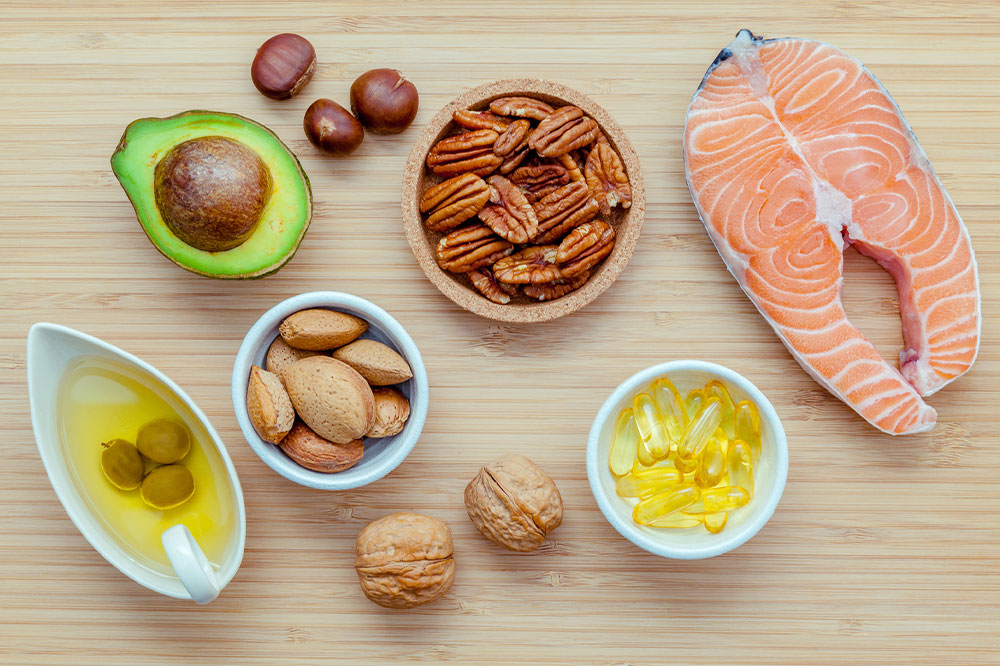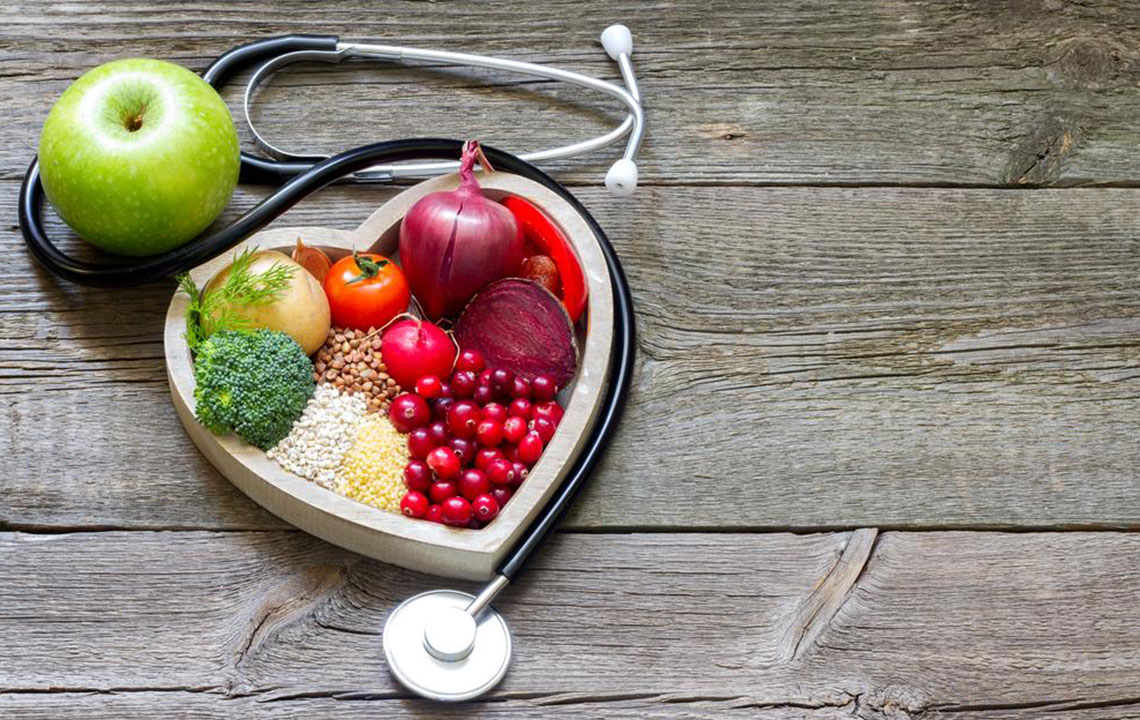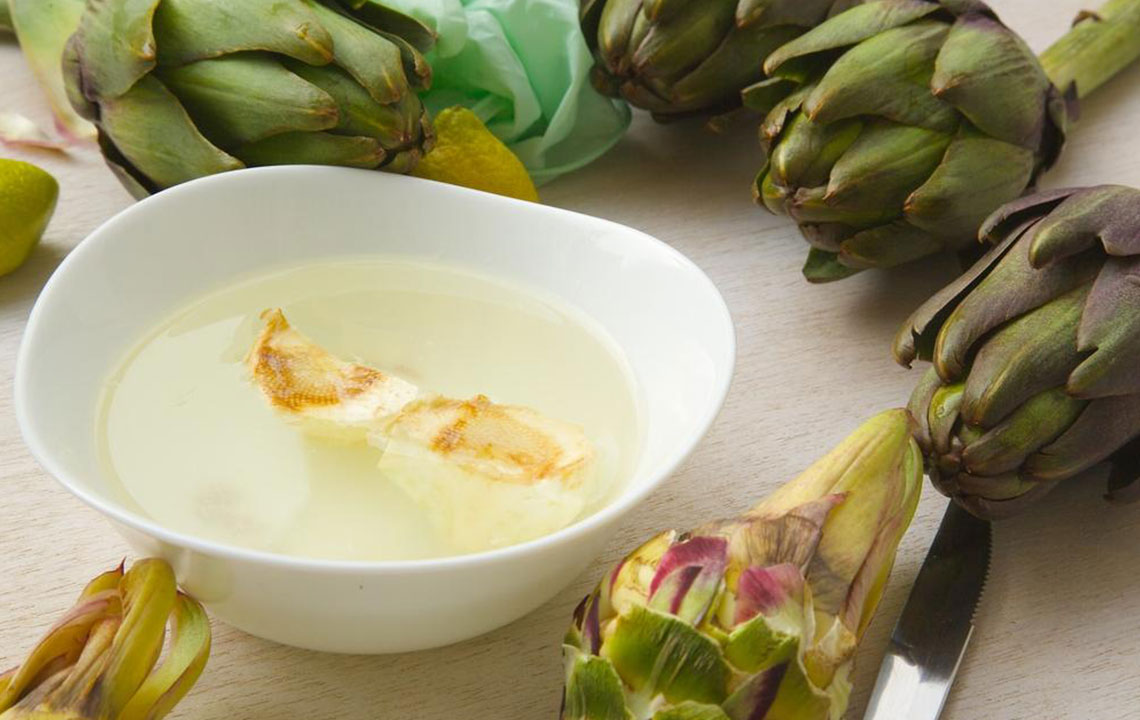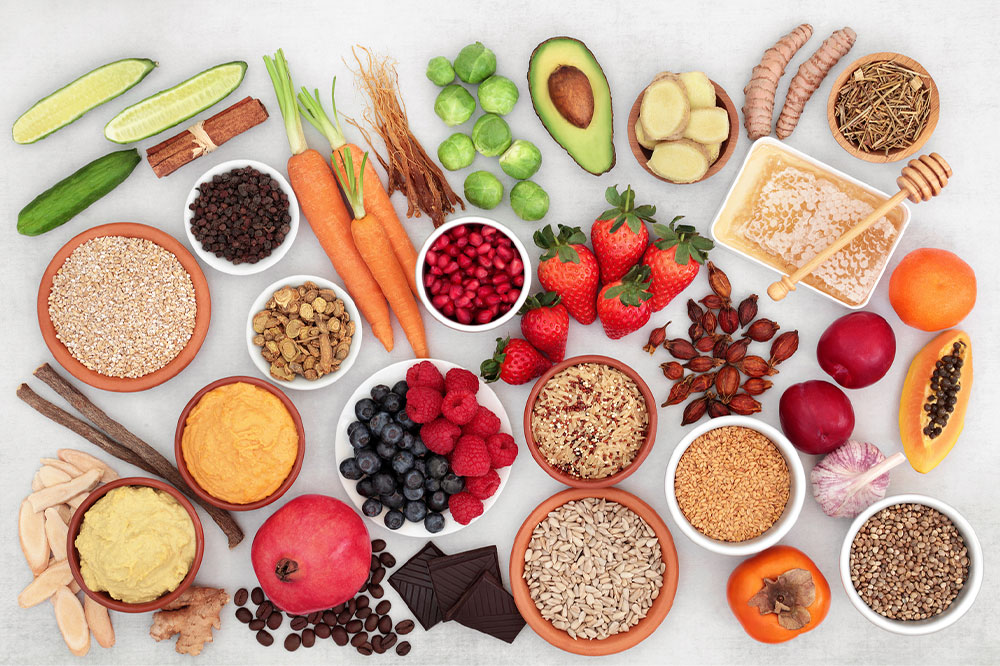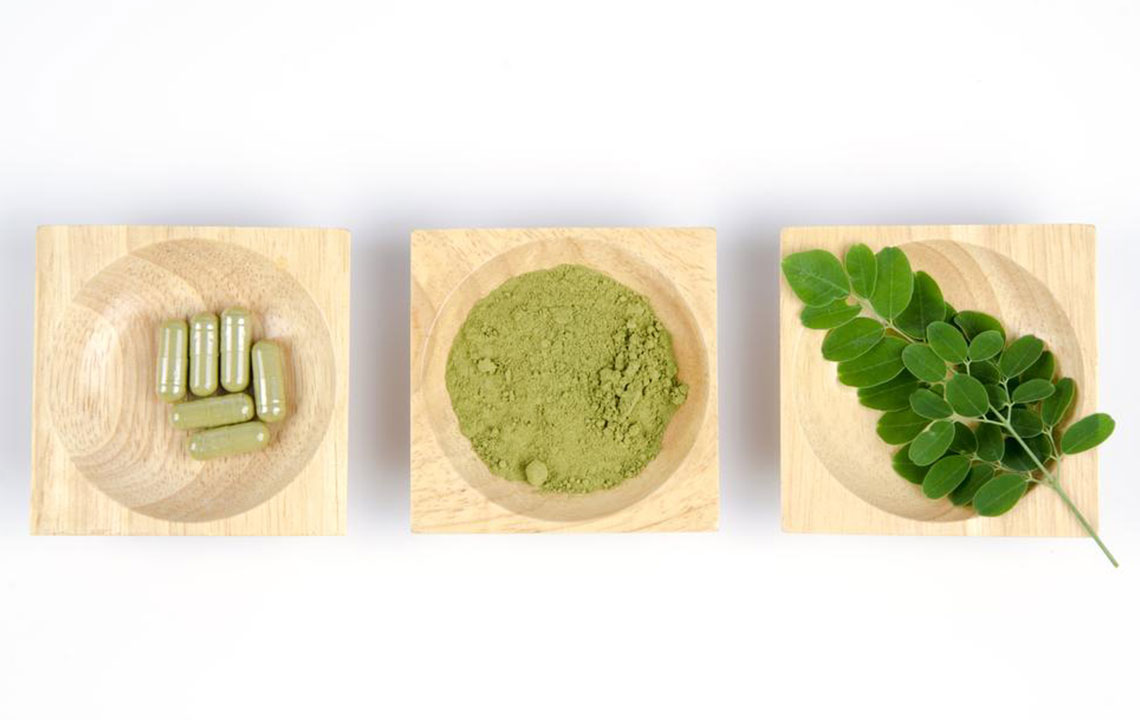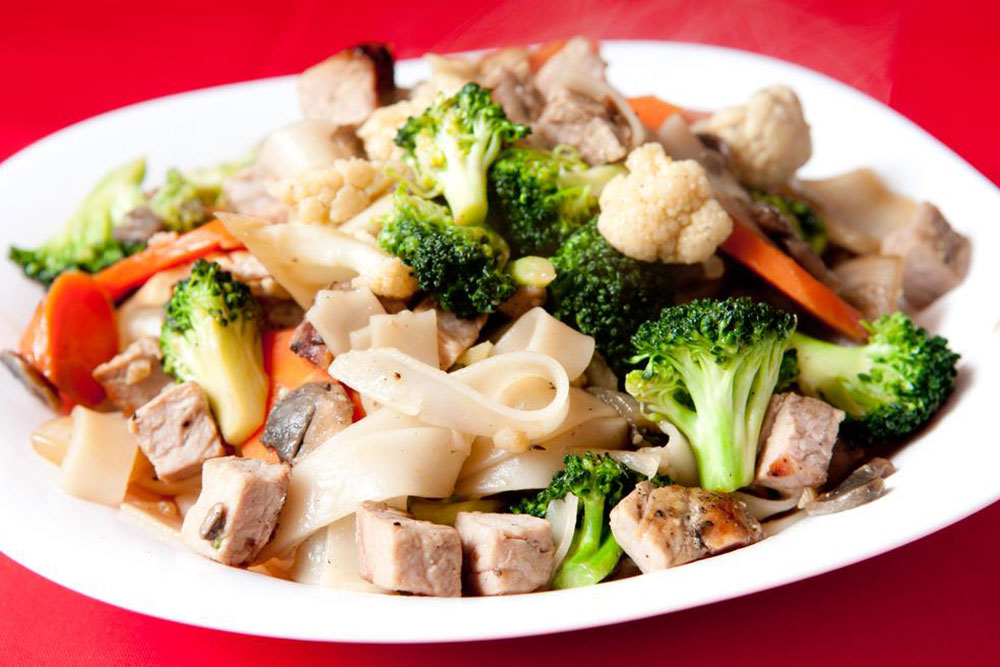Top 5 Nutritional Choices to Reduce Cholesterol Levels
Discover five key foods to incorporate into your diet for effective cholesterol management. From healthy fats and soy products to omega-3 rich fish, this guide offers practical tips to support heart health and prevent cardiovascular issues naturally.
Sponsored
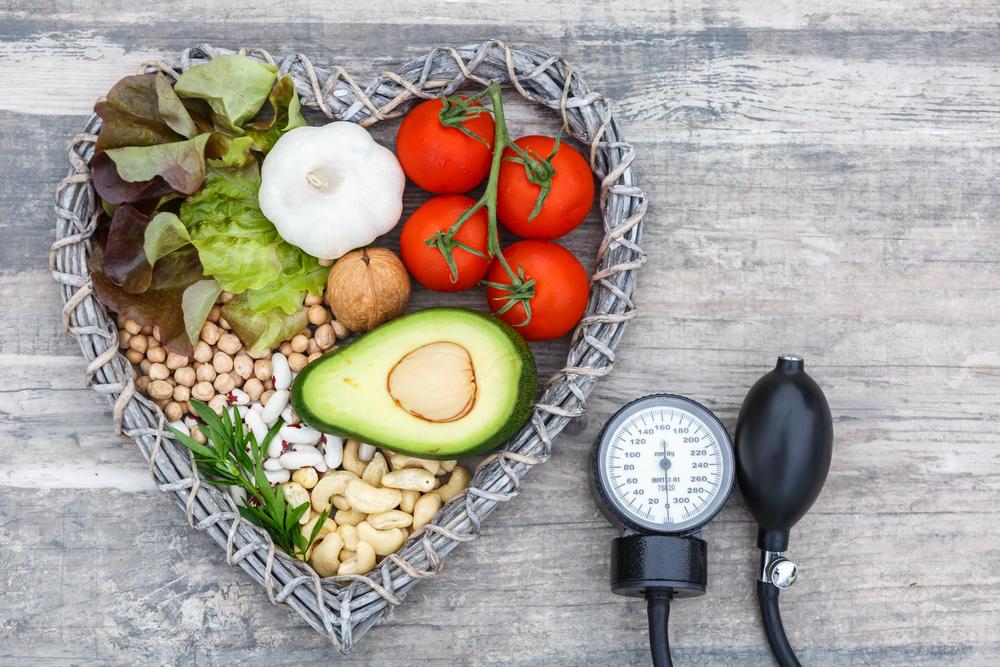
Managing cholesterol is vital for cardiovascular health. While some cholesterol is necessary for bodily functions, excessive levels can clog arteries and increase heart disease risk. Diet plays a crucial role in controlling cholesterol. Incorporating specific foods into your daily meals can significantly lower LDL cholesterol and promote overall wellness. Here are five key foods to include in a heart-healthy, low-cholesterol diet.
Foods Rich in Unsaturated Fats: Avoid fried, processed foods high in saturated fats, such as chips and fast foods cooked in palm or coconut oil. Instead, opt for oils derived from olive, corn, rapeseed, and sunflower seeds, as well as nuts, seeds, oily fish, avocados, and vegetable spreads, which support cholesterol regulation.
This approach emphasizes healthy fats over unhealthy saturated fats, promoting better heart health. Incorporate these fats through diet choices to maintain optimal cholesterol levels.
Soy Products: Soya foods contain minimal saturated fats and are rich in protein that helps control cholesterol. Consuming about 15 grams of soy protein daily can reduce cholesterol by up to 6%. Include foods like soy nuts, tofu, edamame, soy milk, soy-based desserts, and soy yogurt. Other options include miso, tempeh, bean sprouts, and fermented soy products, as well as fortified cereals and bread.
Foods High in Soluble Fiber: Soluble fiber binds cholesterol in the digestive system, preventing its absorption. Foods like oats, barley, beans, lentils, peas, fruits such as apples and strawberries, and vegetables including broccoli and sweet potatoes are excellent choices for lowering cholesterol levels.
Plant Stanols and Sterols: Found naturally in whole grains, seeds, nuts, vegetables, and fruits, plant stanols and sterols help block cholesterol absorption. Common sources include peanuts, sesame oil, canola, olive oil, almonds, Brussels sprouts, wheat germ, and wheat bran. Some packaged foods are also fortified with stanols and sterols. For natural benefits, prioritize these sources over supplements.
Oily Fish: Rich in omega-3 fatty acids, oily fish like salmon, mackerel, herring, tuna, and trout reduce triglycerides and lower LDL cholesterol. Baking or grilling fish is recommended. Consuming two servings weekly can support healthy cholesterol levels. Fish oil supplements are an alternative for increased omega-3 intake.
This nutritional approach supports maintaining healthy cholesterol and promotes cardiovascular well-being through balanced, nutrient-rich diet choices.
